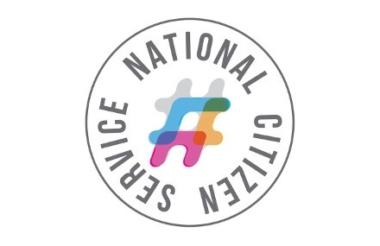The NCS Trust, the body being established to deliver the National Citizen Service programme, should not have to produce detailed business plans because it risks “drowning in excessive bureaucracy”, the House of Lords has heard.
The NCS Bill, currently at the committee stage in the House of Lords, seeks to establish the body under a Royal Charter.
Earlier this week peers debated what the new body, which will have an income of around £400m by 2020, should have to report to Parliament.
Conservative Peer, Baroness Finn, argued that the reporting requirements in the Bill should be relaxed, while Liberal Democrat peer Baroness Barker said they should be increased.
‘Drowning in excessive bureaucracy’
Finn said that the NCS Trust should not have to produce detailed business plans, and should only have to report on its “primary” functions.
She said: “One of the main reasons for the success of the NCS thus far has been its flexibility to respond rapidly and positively to feedback on the programme and to adapt quickly to change.
“To insist on more onerous reporting requirements, which would be inconsistent not only with the draft royal charter but with other public bodies, including other royal charters, would detract from the NCS’s ability to deliver a quality and engaging programme.”
Finn said the trust needed to be “nimble” and “not weighed down by ever more onerous obligations”.
‘Kids Company showed need for proper accountability’
Meanwhile Baroness Barker lobbied for greater accountability of the NCS Trust, including a duty to report on its relationship with the voluntary sector.
She said that in light of recent scandals it is important that the voluntary sector is held to high standards and highlighted that once the body launches it will have a “sizeable” budget.
“I appreciate that we are talking about a royal charter body but the voluntary sector has had one of the worst years on record and has suffered a great deal in terms of its reputation and public support, precisely because it has not been living up to the higher standards of reporting which it should demonstrate,” she said.
Barker added that the NCS Trust will become a “central commissioner of services from the voluntary sector, and as other resources diminish that will become increasingly important” and that “recent examples like Kids Company and Work Programme show that the lack of a requirement for proper accountability can be extremely damaging”.
She said: “It is right that Parliament should know the extent to which the trust has collaborated with and resourced the rest of the voluntary sector given that it will be one of the few sources of money for volunteering.”
Government response
Lord Ashton of Hyde, the Department for Culture Media and Sport’s spokesman, said the government was “listening” but that it is important that the NCS Trust is not “distracted”.
He said that the nearly 20 amendments for additional reporting requirements “risks being excessive”.
“There must be a balance between the reporting essential to maintain public confidence in the NCS and allowing the trust space to focus on quality delivery,” he said.
He offered to write to the Trust to “seek its assurances that its reporting will be thorough and will take into account the views of this House, as expressed in the various amendments”.
He also said that because the Trust is not an infrastructure or representative body “it would not be right to mandate the trust to report on how it has resourced the voluntary sector”.
The amendments tabled by Finn and Barker were either withdrawn or not moved.









